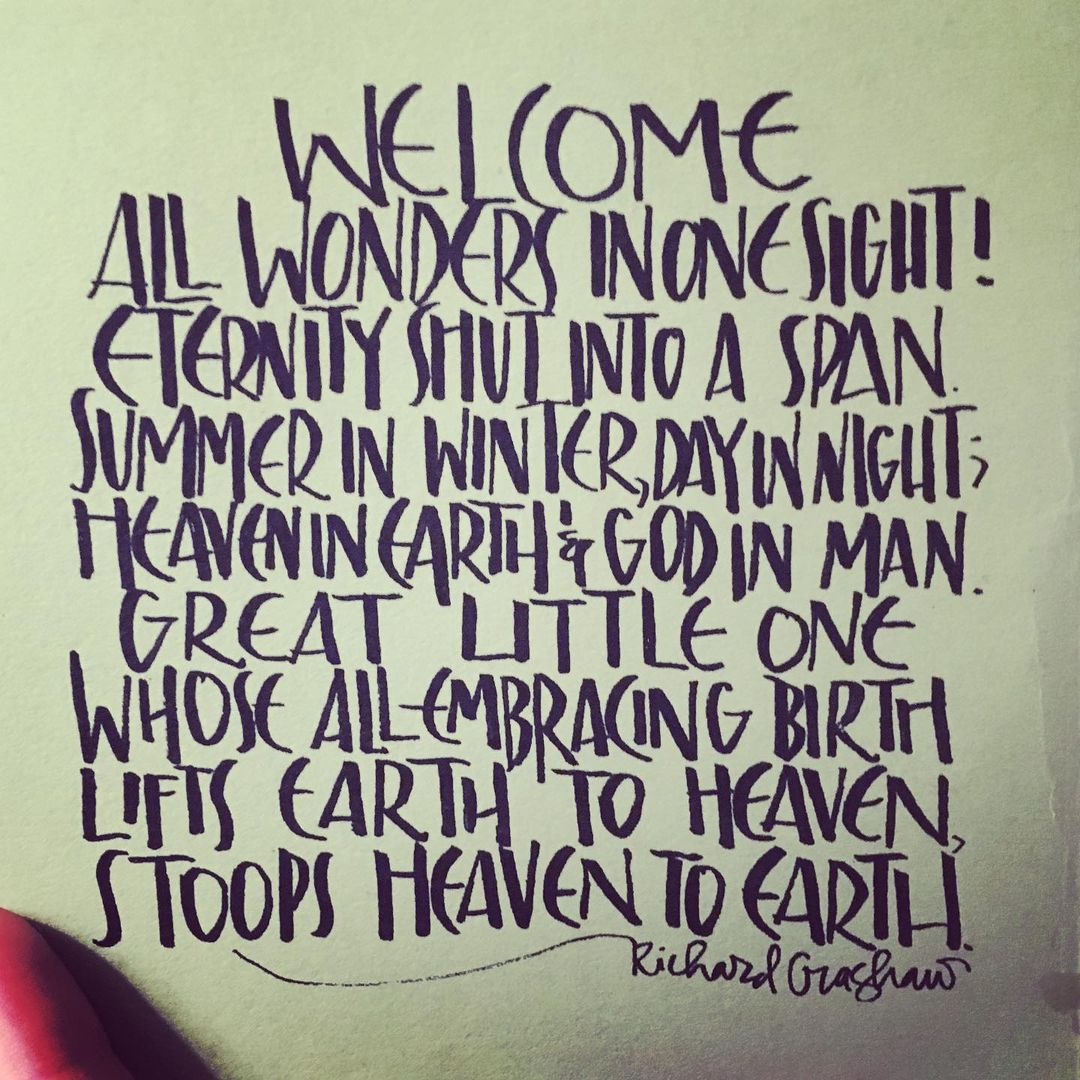Possible Preaching Themes
Possible Scientific Resources
- Ecological stewardship
- Ecology and Ecclesiology/Communion
- Ecology and agricultural production
- Catholic Social Teaching on Ecology encompasses more resources than just Laudato Si’. Here, an excellent overview of how ecological stewardship (in today’s first reading) and Catholic Social Teaching intertwine by Celia Deane-Drummond in Joining the Dance: Catholic Social Teaching and Ecology https://onlinelibrary.wiley.com/doi/full/10.1111/j.1741-2005.2011.01476.x
- In-Depth Resources: Also, Drummond’s essay Climate Change: Engaging Theology with Science in Society from God, Humanity, and the Cosmos. London and New York, 2011. https://books.google.com/books?hl=en&lr=&id=TAhTr-4sPIQC&oi=fnd&pg=PA420&dq=Theology+and+the+science+of+climate+change&ots=iAqpHZAdcI&sig=pOkPmVhWWkVDzWlE2RFloPzxmAo#v=onepage&q=Theology%20and%20the%20science%20of%20climate%20change&f=false
- Another collection of essays on theology and ecology is a broad response to Laudato Si’: Vincent Miller, ed. The Theological and Ecological Vision of Laudato Si’: Everything is Connected. London and New York: Bloomsbury, 2017. https://books.google.com/books?hl=en&lr=&id=1JcmDwAAQBAJ&oi=fnd&pg=PR1&dq=Ecology+and+Roman+Catholic+Theology&ots=M8ZQhNW2w_&sig=xLsdj-qA5h3aTq2OR2xwm6Aj6h8#v=onepage&q=Ecology%20and%20Roman%20Catholic%20Theology&f=false
- Laudato Si’ opens the door toward some creative understandings of ‘communion,’ especially on All Saints’: https://www.vatican.va/content/dam/francesco/pdf/encyclicals/documents/papa-francesco_20150524_enciclica-laudato-si_en.pdf
- Ecology and Agriculture have much to say about the sacramental elements we use, the signs of communion (bread and wine). An accessible article is Climate Change and Agriculture: A Perfect Storm in Farm Country https://www.ucsusa.org/resources/climate-change-and-agriculture
- Similar is Kimberly Cartier’s Climate Change Uproots Global Agriculture. https://eos.org/features/climate-change-uproots-global-agriculture
- NASA has predicted that climate change will have an adverse impact on corn and wheat production (bread!) as soon as 2030. See the summary at https://climate.nasa.gov/news/3124/global-climate-change-impact-on-crops-expected-within-10-years-nasa-study-finds/
Homily Outline Combining Resources
Homily outline
- Connecting the first reading and the Gospel. Noteworthy is the ways in which the first reading from Revelation and the Gospel comment upon one another.
- Revelation proposes ecological care of the earth as a part of the Parousia to come. Namely, that the powers given authority to “damage the land and sea” are stopped; that is, a messenger from God intervenes to stop such destruction, declaring (by their actions) that the eschaton to come is not – in God’s plan – a careless throwing away of the wonders of creation.
- It is only after this intervention that the scene continues with the heavenly communion standing around God’s throne, a model for the “communion” that is implied on All Saints.
- The meek will inherit the land: Projected on to the Gospel reading, it is important to ask how it is possible that the meek “will inherit the land” (or “the earth” in Greek: γῆν = gēn) if there is no earth to inherit because it has been destroyed by human greed.
- The eschatological promises made in Matthew’s list of the Beatitudes presumes that the promises for the future (a different sort of promise in each of the Beatitudes) and in Luke’s list, the promise of justice (the accompanying list of “woes”) bind all things together:
- Church tied to future, justice tied to future, communion tied to the good earth God has made, those who are vulnerable to the hope of future comfort.
- The eschatological promises made in Matthew’s list of the Beatitudes presumes that the promises for the future (a different sort of promise in each of the Beatitudes) and in Luke’s list, the promise of justice (the accompanying list of “woes”) bind all things together:
- Communion: Similar questions surrounding “communion” take on new dimensions when we consider that – like a “communion of saints” – all things are interconnected.
- Part of Christian revelation has been that the Creation itself is God’s first sign of grace, echoed from the first words of Genesis through Revelation.
- Humans are not separated from the world around them and should stop living as such, instead reordering both their understanding and their consumption to “take up the cross” of ecological seriousness that seeks to steward – rather than simply use – what God has made.
- New developments around us call for new adaptations and careful listening for where and how the Holy Spirit is calling God’s people to live in a communion. It may be helpful to imagine a wider and more diverse world than simply us (i.e., we are also in a type of “communion” with God’s good creation). The gifts given at Pentecost (and throughout the book of Acts) fashion new reactions to a changed reality: the Lord is risen, and new charisms are called for.
- The life of the saints: When we observe the life of the saints each of them responded in some way to the moment at hand.
- Changing circumstances in a changing world called for a change of behavior moving forward, often with transformative effects for the Church and the world around them.
- In a similar way, changing ecological science demands that the attitudes of the faithful respond, adapting to new realities and attitudes that may be – themselves – signs of the Holy Spirit at work among us.
- The promise of All Saints’ is always resurrection, and – by resurrecting physical matter – God is, again, declaring the creation “good.” New adaptations to the world around us may very well be the sign of God’s resurrection power among us, both a commendation of the saints who have gone before us and a warning to listen and discern carefully of yet-unknown saints now in our midst.
- Bread and wine: The very signs of “communion” among God’s people are bread and wine, both products of the earth (“…that earth has given and human hands have made.”)
- Communing with the risen Christ requires these staples of life, not possible (in theory) if agricultural production is disrupted because of climate change and human greed.
- While this is certainly not imminent, the seriousness with which we should take agricultural production from a sacramental point remains extremely important, to say nothing of the ways that agricultural abundance is a call of Christian people everywhere to share with those who do not have enough.
- This understanding is yet another example of the “communion of saints:” solidarity with those who do not have enough, taken seriously enough to safeguard the means of production (from climate change!) for their sustenance of all.
- The connection of the “holy ones” to the totality of the Church, and likewise the Church to the creation that God has made is not a stretch; it is echoed in Eucharistic Prayer IV of the Roman missal, and this prayer may provide a homiletical framework for the weaving of all these theological and scientific themes together.
Related Homily Outlines
Couldn’t find what you’re looking for?
Try searching with another filter

Preaching with Sciences

Edward Foley, Capuchin
Duns Scotus Professor Emeritus of Spirituality
Professor of Liturgy and Music (retired)
Catholic Theological Union
Vice-Postulator, Cause of Blessed Solanus










